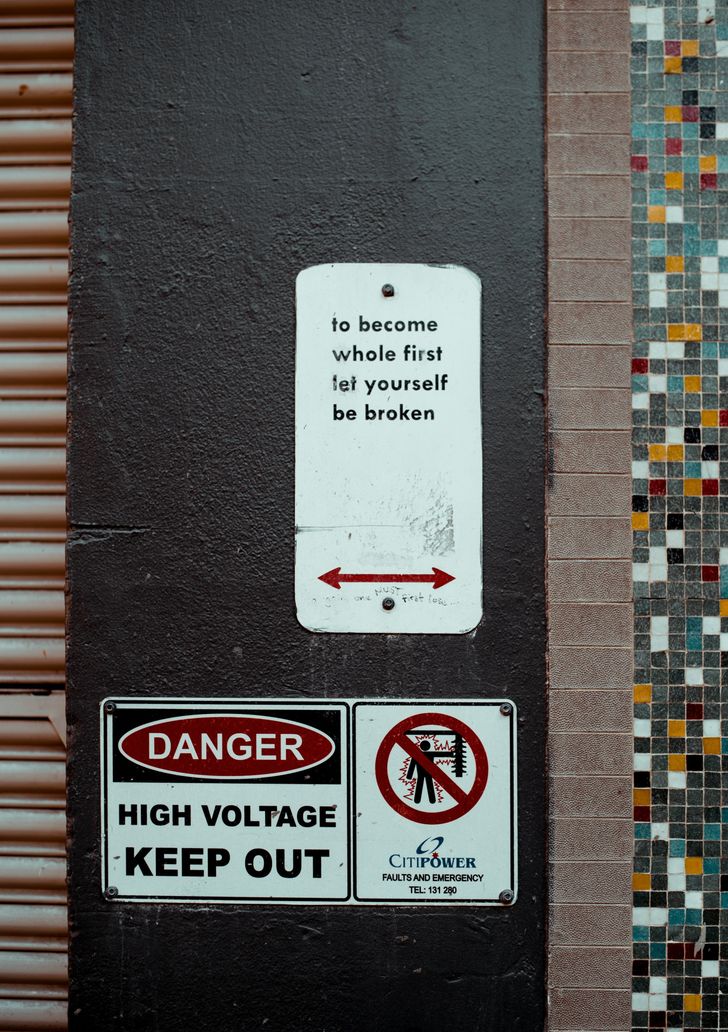There's a lot of stigma around therapy - or as some people call it, "getting shrinked." I, myself, have been in and out of therapy since my freshman year of high school, with varying degrees of success.
A lot of therapy is talking, but it's not all the psycho-analytic mumbo jumbo shown in movies. There are different types of therapy for different types of problems. My mom also goes to therapy (as do my dad and my sister), and she's done EMDR in some of her sessions. This has helped her to better process experiences in her life that were harmful to her.
My dad does a different type of therapy. He has anxiety and OCD, so his therapist uses a cognitive-behavioral approach, which teaches him to recognize unhealthy thinking caused by his disorders and choose to behave in a healthier way.
My sister is younger, so her therapy is play therapy, which is specifically for younger children. She plays games or makes art with her counselor, which allows her to process her emotions in a way she struggles with on her own.
And that leaves me. In my lifetime, I've mainly had the generic talk therapy, but I've never found it to be very helpful. The truth is, that type of therapy can only do so much to help when you are already self-aware of your problems and where they stem from. My biggest issue has always been that I see the problem, but I don't see the solution. My new therapist, Suzie, is helping me tackle that problem head on.
One thing I've learned through the years is that therapy doesn't work if you aren't honest (with your counselor, sure, but also yourself). When I was younger, I always felt the need to convince my counselors that I was completely fine. I felt broken, but I thought that if I could trick everyone else into thinking I was alright, then I actually would be. Long story short, it didn't help and it was a waste of everyone's time.
The trick to therapy is actually pretty simple: you need to want to change. You can't go in expecting a counselor to fix all your problems - ultimately, you're the one that needs to take action. Your counselor is there to help guide and support you, but they can't do the work for you. And that's what therapy really is - it's work, and a lot of it. It's not a quick fix, it's a lifetime of practice to be a better and better person. It's making the necessary changes to lead a happier, healthier life. So yeah, it's work, but the result is well-worth the effort.
Seeing a professional can be a difficult choice to make. My boyfriend recently had to talk to his parents about seeing a counselor for his long-time anxiety and depression, and it took him weeks to gather the courage - a common issue in today's society. Even with all the strides made for mental health, there is still a stigma around mental illness and therapy. It can feel so overwhelming and scary to reach out and ask for help, but in the end it's worth it. Even if you don't find a perfect fit for a counselor the first time, you can always find another one. Taking that first step is terrifying, but it starts to feel easier with each step you take.
- 11 Ways to Love Yourself When You Have a Mental Illness ›
- Yes, Anxiety Disorder IS A Mental Illness ›
- Home | NAMI: National Alliance on Mental Illness ›
- Mental Illness ›
- Department of Health | What is mental illness? ›
- Home | NAMI: National Alliance on Mental Illness ›
- Mental Health Conditions | NAMI: National Alliance on Mental Illness ›
- A Journey Through Darkness - My Life With Chronic Depression ... ›
- A Current Look at Chronic Depression | Psych Central ›
- Types of depression ›
- Chronic Depression: Why You've Felt Blue For So Long | Betterhelp ›
- Chronic Depression (Dysthymia): Symptoms, Treatments, and More ›
- File:Depression.jpg - Wikimedia Commons ›



















